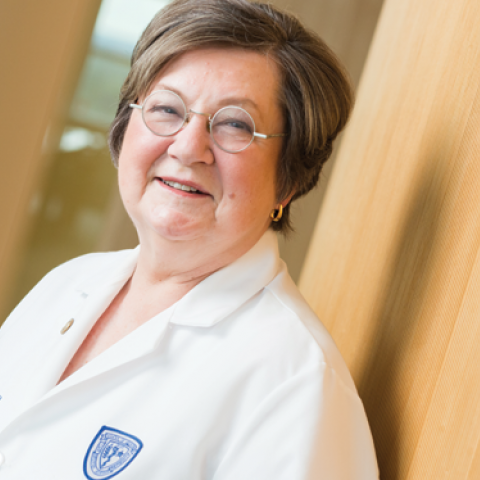Monday is Martin Luther King Day in America. Though much has improved in our country for African Americans since his tragic assassination in 1968 – the year that so much changed – we still live in a world where serious health disparities persist, and we have too few tools to combat them. As Dr. King said, “Of all the forms of inequality, injustice in health is the most shocking and the most inhuman because it often results in physical death.”
It begins early. Nationally, African American babies under the age of one are 2.3 times more likely to die than white babies. In Cuyahoga County it’s even worse: they are seven times more likely to die before their first birthday than white babies.
No one has been able to find a genetic basis for this appalling differential, and even the poverty that is more prevalent among African Americans does not fully account for it. Moreover, controlling for socioeconomic status, the African American disadvantage persists. Premature birth is a major contributor, but what is the cause of the increased prematurity? What can we do about it? These urgent questions need answers.
Disparities are present throughout the age span. Deaths from both cancer and heart disease are consistently higher in African Americans than in whites. Some clues have been identified – for example, Sandy Markowitz and Kishore Guda identified different genes that are activated in colon cancers in African Americans than those typically activated in whites; some of the variant genes might be susceptible to certain drugs. But for the most part, these disparities have complex origins and are difficult to pin down and treat.
There has been some good news. Over the past two decades (until the recent opioid epidemic), all-cause mortality was falling for both African Americans and whites, and at a more rapid rate for African Americans, narrowing a persistent gap. In some states, death rates in elderly African Americans and whites became nearly equal. We need to determine the reasons for this narrowing in disparities and apply the findings in broad, general ways.
Here at CWRU, we have several important programs underway to lessen and ultimately eliminate racial health differences. The Center for Reducing Health Disparities, which we helped establish and which is based at MetroHealth. It investigates the causes of disparities and interventions to address them, as well as partners with community organizations and government agencies to conduct educational activities. First Year Cleveland is working tirelessly to reduce all infant mortality, especially among African American infants.
One of our MEDTAPP initiatives, which combines University and Medicaid expertise, is enlisting virtual reality to help primary care physicians better connect with African American patients. Our own Cynthia Owusu, an expert in geriatric oncology, has trained her talents on breast cancer, an especially stubborn discrepancy. Some 40 percent of the GI SPORE grant is devoted to explaining and ameliorating racial disparities in colon cancer. Our investigators in general, led by Jackson Wright, have been especially careful to include African American patients in important clinical studies – such as SPRINT, where over half the participants were African American or Hispanic.
But there is much more to do. As health professionals we must avoid making sometimes unconscious assumptions and offer our best to all patients. As we plan and carry out clinical trials to drive enhanced care, we need to be inclusive. Without good data applicable to each group, it is much more difficult to treat all serious diseases. We need to be imaginative in seeking evidence to confirm or refute our hypotheses on the origins and amelioration of disparities.
To truly honor Martin Luther King and his legacy, we as health professionals must be ever mindful of the pernicious health disparities that plague Americans of African descent. We should regularly remind ourselves that everyone must benefit from the tremendous gains achieved in biomedicine these past few decades. Only then can we declare a victory.
Pam


